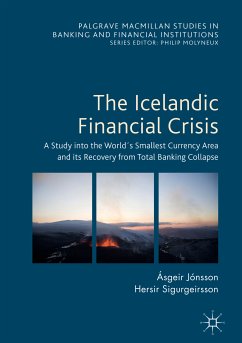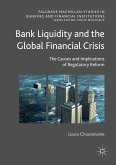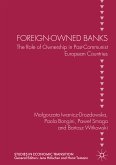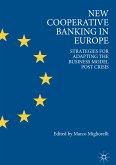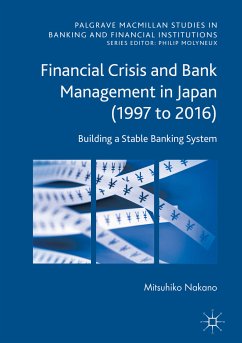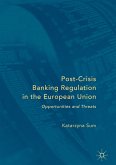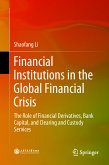This book presents a detailed account of Iceland's recovery from the tumultuous banking collapse that overturned its financial industry in 2008. Early chapters recount how Iceland's central bank was unable to follow the quantitative easing policies of the time to print money and save the banks, while serving the world¿s smallest currency area. The book goes on to explore how the government exercised force majeure rights to implement emergency legislation aimed at preventing the "socialization of losses". Later chapters investigate how, eight years later, these policies have yielded renewed growth and reinvigorated liquidity streams for the financial system. The authors argue that Iceland, long-called the 'canary in the coal mine' of the developed world, offers important lessons for the future. This book will be useful to all readers interested in better understanding the unique history of Iceland's banking crisis and the phenomena of its recovery.
Dieser Download kann aus rechtlichen Gründen nur mit Rechnungsadresse in A, B, BG, CY, CZ, D, DK, EW, E, FIN, F, GR, HR, H, IRL, I, LT, L, LR, M, NL, PL, P, R, S, SLO, SK ausgeliefert werden.

